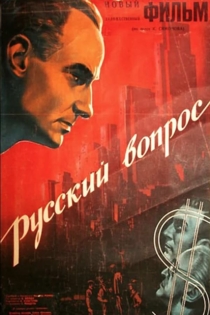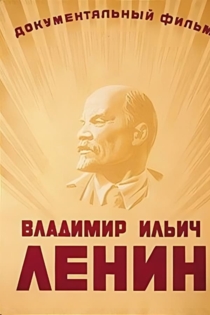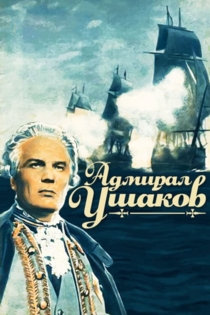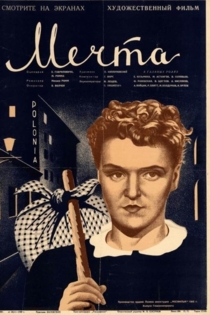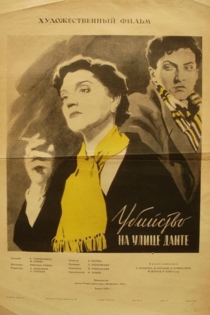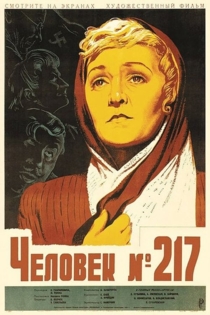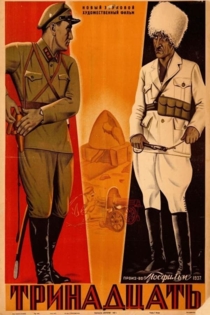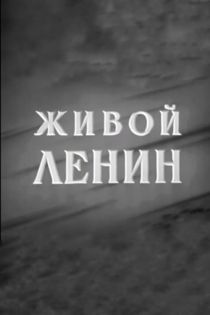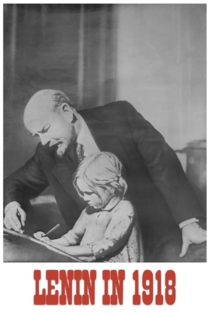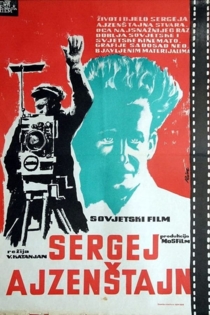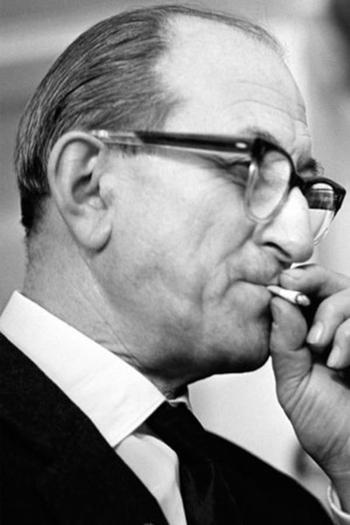
Mikhail Romm
1901 - 1971He was born in Irkutsk. His father was a social democrat of Jewish descent who had been exiled there. He graduated from gymnasium in 1917 and entered the Moscow College for Painting, Sculpture and Architecture. From 1918 - 1921, he served in the Red Army during the Russian civil war, first as a signalman and later rising to the rank of inspector of a Special Commission concerning the numbers of the Red Army and Fleet of the Field Staff of the Supreme Military Soviet of the Republic. As such he travelled a lot and had the opportunity to see much of the life in different parts of the country, something that he later said he "recalled with gratitude".
In 1925 he graduated as a sculptor from the class of Anna Golubkina of the Highest Artistic-Technical Institute and worked as a sculptor and translator. In 1928-1930 he conducted research on the theory of cinema in the Institute for the methods of extra-scholastic work. Since 1931 he worked at the Mosfilm studio. In 1940-1943 he was an artistic leader for the Mosfilm films production. In 1942-1947 he was the director of a theater studio for movie actors. From 1938 he was a lecturer, from 1948 he was the leader of the actor's-producer department of the VGIK, professor (from 1962). He influenced many prominent film-directors, including Andrei Tarkovsky, Grigori Chukhrai, Vasily Shukshin, Nikita Mikhalkov, Georgi Daneliya, Aleksander Mitta, Igor Talankin, Rezo Chkheidze, Gleb Panfilov, Vladimir Basov, Tengiz Abuladze, Elem Klimov and many others.
He wrote many books and articles on the theory of cinematographic art, and also memoirs. He was awarded the Stalin Prize 5 times (1941, 1946, 1948, 1949, 1951). Romm was an honorary corresponding member of the Academy of the skills of DDR (1967).
Triumph Over Violence
Mikhail Romm
Mikhail Romm, Marlene Dietrich
Romm's "Ordinary Fascism" pulls out all the stops in its selection of documentary material to draw the viewer not only into absolute horror about fascism and nazism in the 1920s–1940s Europe, but also to a firmest of convictions that nothing of the sort should be allowed to happen again anywhere in the world.
Triumph Over Violence
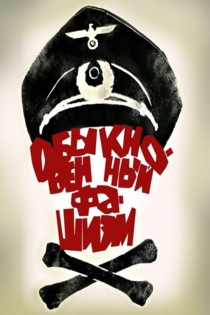
Nine Days of One Year
Mikhail Romm
Aleksey Batalov, Innokentiy Smoktunovskiy
Two young scientists are exploring new fields of nuclear physics. Dmitry Gusev and Ilya Kulikov are good friends, but rivals in love. Dmitry marries Lyolya and they live happily together. Luck has it that he makes an important discovery. Unfortunately he exposes himself to radioactivity during the experiments. As a result he falls seriously ill. However Dmitry has a strong spirit. His will to live, the deep passion for his work and his strong love for mankind makes it possible for him to recover.
Nine Days of One Year
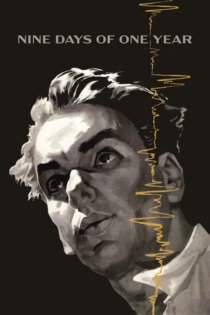
Пышка
Mikhail Romm
Galina Sergeyeva, Andrey Fayt
A film adaptation of the short story of the same name by Guy de Maupassant. The action takes place in the XIX century. Franco-Prussian War of 1870. A group of French bourgeois leaves in a stagecoach from Rouen occupied by Prussian troops. Along with them comes one attractive demimonde lady. The only way to get out is to persuade her, nicknamed "Ball-of-Fat" a la "Boule-de-Suif" to satisfy the lust of the head of the gendarmerie...
Boule de Suif
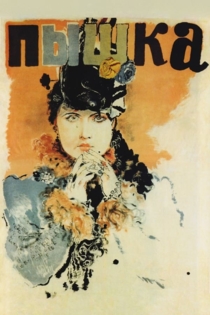
И всё-таки я верю...
German Lavrov, Elem Klimov
Mikhail Romm, Albert Einstein
Originally called World '68, later retitled The World of Today Romm’s film was conceived as an impassioned, large-scale essay on the origins of the 20th century and the subsequent reality the disappointed director felt slipping away from him. The film itself slipped away from him and was left unfinished at the time of his death. His younger colleagues, Marlen Khutsiev, Elem Klimov and German Lavrov, completed the film from the elements he left behind in addition to segments from Ordinary Fascism, closing the film with Romm’s ultimately optimistic outlook: "And still I believe that man is sensible..."
And Still I Believe
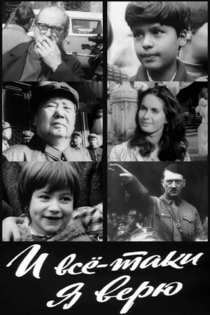
Корабли штурмуют бастионы
Mikhail Romm
Ivan Pereverzev, Sergey Bondarchuk
The historical and biographic movie about the glorified Russian naval commander Ushakov. France begins aggressive wars. The Russian and allied troops freeing Italy are headed by A. V. Suvorov. The victory in the fortress of Corfu is ensured by operation of the admiral Ushakov.
Attack from the Sea
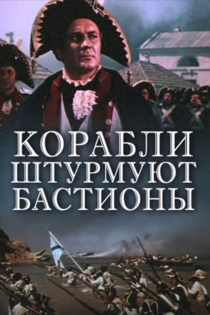
Ленин в Октябре
Dmitriy Vasilev, Mikhail Romm
Boris Shchukin, Nikolai Okhlopkov
Commissioned by Josef Stalin to commemorate the 20th anniversary of the Soviet Revolution, Lenin in October was the first of Russian director Mikhail Romm's tributes to the Marxist visionary who helped orchestrate the insurrection of October, 1917.
Lenin in October
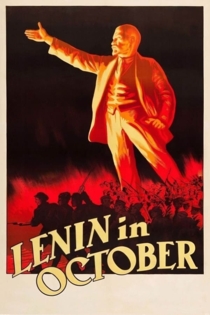
Русский вопрос
Mikhail Romm
Vsevolod Aksyonov, Yelena Kuzmina
The film is based on the play by K. Simonov. It is the story of an American journalist who spends time in Russia and sees socialism in action. Upon his return to the U.S., a prestigious editor asks him to write a book about his experience. He receives a handsome advance for the project and he and his fiancée are able to buy a house, a car, and other symbols of the American dream. But the editor’s generosity comes with a caveat: the book must present a negative picture of Soviet society. Will he simply keep the money and do what is expected of him, or will he instead tell the truth?
The Russian Question
